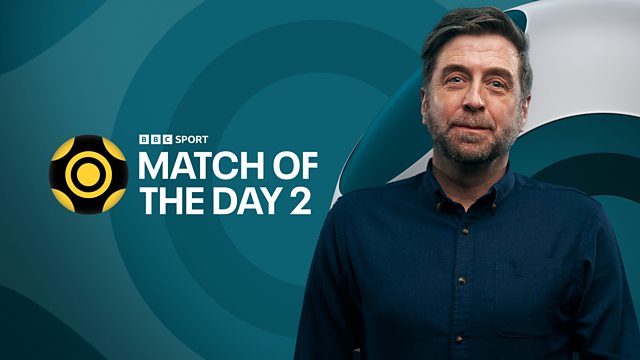Football fans across the globe eagerly anticipate the UEFA Champions League, the pinnacle of European club football. The tournament showcases the best teams battling for glory on the grandest stage. While the prestige of lifting the coveted trophy is undoubtedly the ultimate goal, there’s another aspect that plays a significant role in this football extravaganza—prize money.

The Champions League prize money is distributed by UEFA, the governing body of European football. UEFA released a complex formula to distribute the money, which considers several factors, such as a team’s performance in the tournament, their coefficient ranking, and the market size of their country.
When is the 2023 UEFA Champions League final taking place?
This year’s finalists are Manchester City and Inter Milan. The final is scheduled for June 10th at 20:00 UK Time. UEFA has chosen the Atatürk Olympic Stadium in Istanbul, Turkey, to host this prestigious event this year. The stage is set for an unforgettable showdown as the top teams battle it out for the ultimate glory in European club football.
How much prize money will be awarded in 2023?
UEFA has recently unveiled the breakdown of prize money payouts for the 2022/23 Champions League season, revealing a substantial total purse of €2.032 billion. To comprehend the magnitude of Champions League prize money, let’s examine its distribution system.
● UEFA Champions League: €2.032 billion
● UEFA Europa League: €465 million
● UEFA Conference League: €235 million
Over the years, the tournament’s prize pool has experienced remarkable growth. Broadcast rights, commercial partnerships, and sponsorships have catapulted the financial rewards on offer. Consequently, the Champions League has emerged as one of the most lucrative football tournaments in the world, surpassing many other prestigious competitions.
Here is a table that shows the Champions League prize money for the 2022-23 season (55% of the total):
| Stage | Prize Money |
|---|---|
| Winner | €20 million |
| Runner-up | €15.5 million |
| Semi-finalist | €12.5 million |
| Quarter-finalist | €10.6 million |
| Last 16 | €9.6 million |
| Group-stage win | €2.8 million |
| Group-stage draw | €930,000 |
| Qualifying for group stage | €15.64 million |
| Third qualifying round | €500,000 |
| Second qualifying round | €400,000 |
| First qualifying round | €300,000 |
How is the rest Champions League prize money distributed?
The remaining 45% of the pool is split across the 32 group-stage participants in two ways:
- Coefficient payout (30% of total). Teams are ranked based on an algorithm that considers past European success and bonus points are given for winning European trophies. The prize money is distributed in shares according to a team’s rank.
- Broadcast market payout (15% of total): UEFA has implemented a system where half of the allocation goes to the national federation. This portion is then divided among the participating Champions League clubs from that nation based on fixed percentages determined by UEFA. The remaining is distributed proportionally based on the number of matches played by each club in the 2022/23 competition.
Impact of the prize money
The financial benefits of participating clubs cannot be understated. Prize money is crucial in revenue generation, enabling clubs to invest in infrastructure, player recruitment, and training facilities. Moreover, the allure of higher earnings can sway the decisions of talented players when considering transfers, often leading to a concentration of top talents in teams with substantial financial resources. However, addressing the potential financial disparities and the challenges smaller clubs face in competing on an equal footing is important.
Disagreements over distribution fairness
The distribution of Champions League prize money has not been without its share of controversies. Disagreements have arisen over the fairness of the current system, with some arguing that it disproportionately benefits the already wealthy clubs, widening the financial gap between them and smaller teams. Calls for greater financial inclusivity and support for smaller clubs have grown louder, urging football authorities to address the issue and promote a more level playing field.
Future developments and potential changes
Acknowledging the concerns and demands of various stakeholders, UEFA has been contemplating modifications to the prize money structure. They aim to balance the financial rewards that drive the competition and the importance of fair and equitable participation. As plans for change are underway, speculation abounds regarding the potential impact on clubs and the overall competitive landscape of the Champions League.
Champions League prize money is an integral tournament aspect that shapes the footballing world. Its exponential growth has transformed the financial landscape for participating clubs, allowing them to flourish and remain competitive. In the 2021/2022 season, the Champions League winner, Real Madrid, earned approximately €83.2 million in prize money.
However, the debate surrounding distribution fairness and the potential for financial disparities must not be overlooked. Striking the right balance between financial rewards and fostering fair competition is crucial to ensuring this remarkable tournament’s continued success and sustainability.



